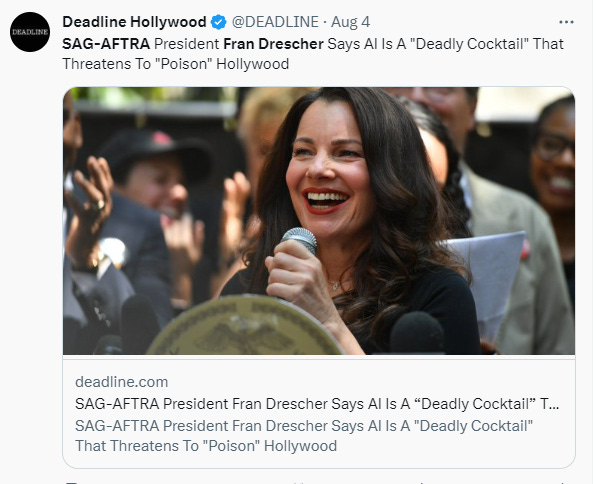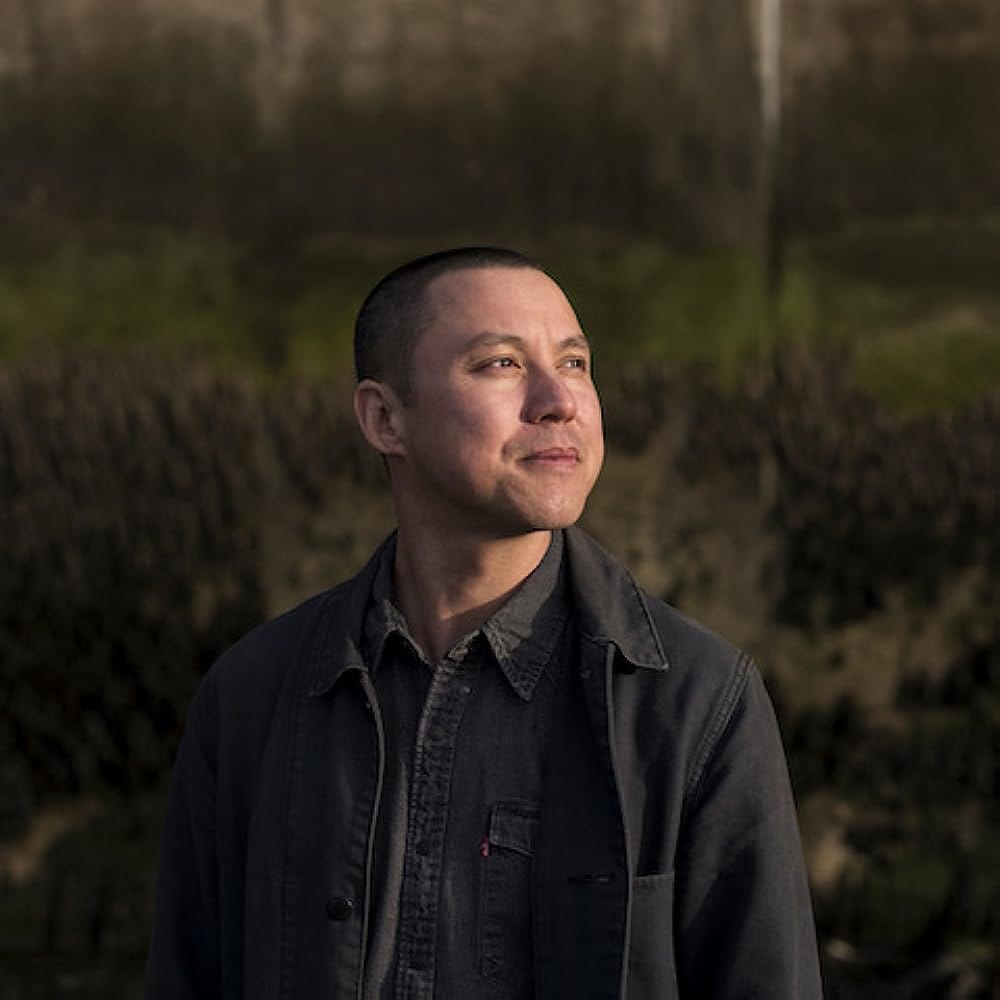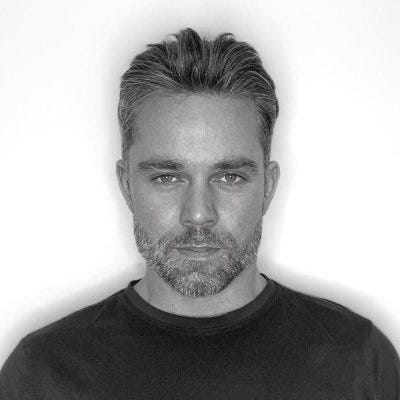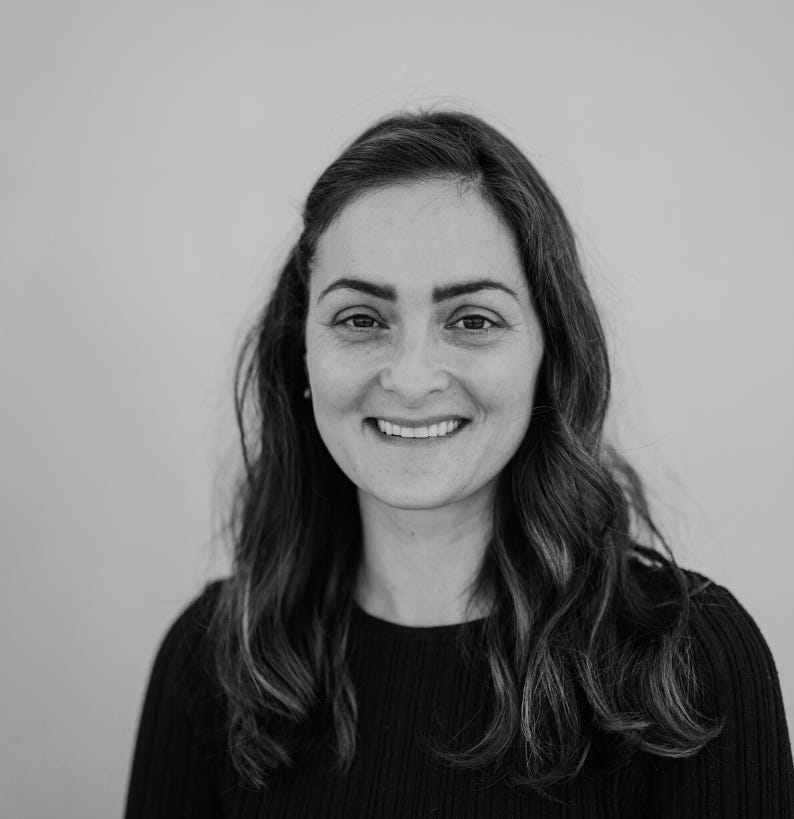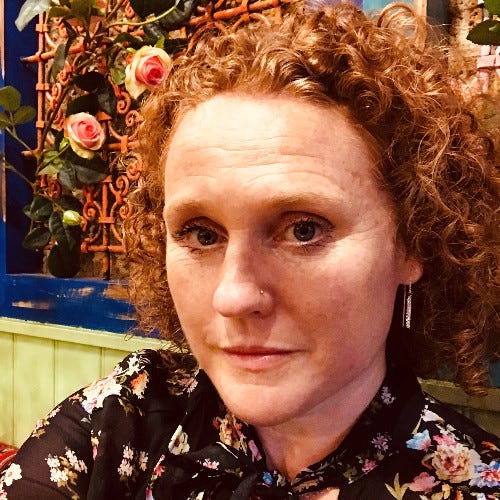We’re approaching the one month anniversary of SAG-AFTRA (Screen Actors’Guild) President Fran Drescher's incredibly powerful speech against Hollywood Studios that signalled the joining of actors alongside their WGA (writers'‘ guild of America) counterparts on the picket-lines.
One of the key concerns being debated? The increasing use of AI in film and TV, with currently no clearly defined legislation, protection, or acceptable payment terms for the use of an actor’s likeness, alongside the very real threat to writers’ rooms and jobs.
I've been thinking a LOT about AI and its impact on creative work over the past few months. Speaking with local filmmakers and writers here in #Edinburgh, or exchanging thoughts with LinkedIn connections in the media and film industries, reading into the detail around how AI is (or isn't) being regulated in entertainment, and the great threat it poses, but also the incredible opportunities.
As such I reached out to a few contacts in different areas of media, content and film industries for their thoughts on how AI is impacting them, their industry or the culture of film and media at large.
As someone obsessed with Hollywood and the glamour of film since a young age, the myth, the realities, the backroom deals and wild stories that built a global empire. The red carpets, the fandoms, the incredible art and entertainment it has gifted us, I feel we are on a wildly terrifying precipice, a defining shift in how the industry operates, akin to the introduction of talkies, the advent of the internet.
Simultaneously seeing the wonderfully rich, innovative opportunities AI presents to the world, the creative magic it can gift us, alongside the very real lack of regulation, threat to people's livelihoods, and vast dangers of misinformation, fake news, and data manipulation is exhilarating and scary.
I stand 100% in agreement with the writers and artist's striking. The work practices they are currently operating under belong in another era, they are unsustainable, unfair and unworkable for a healthy future industry.
Joe Russo claims that in 2 years AI will be able to produce a full-length feature largely by itself. Is that wondrous, or disastrous? - Emma Jamieson, freelancer marketing and social media consultant
“I fully support the SAG writers and actors currently on strike. Filmmaking is a collaborative art form that relies on a team of people to work together across all stages of the production. While A.I. is capable of generating narratives and recreating images as what may seem to be original materials, the technology is largely drawn from existing copyright and the intellectual property of sovereign individuals who ought to be protected and paid for their efforts. As both a filmmaker and viewer I want to watch stories told with heart and soul rather than by the cold process of advanced technology.” — Paul Sng, Director (Poly-Styrene: I Am a Cliché)
"My fandom of the people behind the art is bigger than my lust for constant content. I heard the other day that an AI is expected to be able to create a full feature in two years. That’s not something I would ever want to experience. I will say that time is a limited commodity for independent film promotion in Europe. AI Tools that help our creators bypass dull work processes and enable them to be (more) creative - Those I welcome." - Nikolaj Mathies, CEO of Vievo Media (Entertainment & Content Agency)
“When it comes to AI impacting the cinema industry, I think it's an industry change that needs to happen and if AI is the catalyst, then that's great. We have seen all major Hollywood strikes happen around triggers in tech innovation: during the 60s, it was television, the 80s it was home video, and the 2000s it was streaming. Here we are again in 2023 with AI. Innovation in tech will not stop or slow down. The Hollywood infrastructure and what exactly the current strike is about tackles hurdles well beyond AI.
You said it well, "it's unworkable for a healthy future industry." Technology will always evolve, and industries need to evolve in parallel. What seems to be happening here is AI is evolving faster than the industry can pivot and/or let alone answer questions of how this tech will impact those most concerned. I've seen similar happenings in my previous life when I worked in fashion. No one wants their unique work, personality, and talent to be copied and taken. What's key is accountability. AI creators and Silicon Valley have to be accountable and take impact across all industries into consideration when releasing new innovations. I wonder, have AI innovators even had conversations with Hollywood before ChatGPT's release? I only call out ChatGPT because it kind of made AI mainstream. AI has of course conveniently been a part of our lives for decades now (Google, Airbnb, etc.).
The blame is not AI but rather its integration across industries! The entertainment industry is but one that is affected and it must be figured out! But I don't think that rejecting new technology and innovation is the answer. What a complex battlefield. But one that can only move forward if we are all looking to the same future, one that encourages change, evolution, and the adapting with the times mindset.” Jenny Sidorova, Head of Marketing of DX (Cinema Solutions Software)
"I have a very positive outlook on advancements of AI for implementation into Marketing processes. I'm personally excited about its power to create a more personalised customer experience. Tailor content, recommendations and messaging to individual customer's preferences and behaviours. AI is and will make data-driven decisions with greater accuracy. AI-powered analytics and predictive modelling to help identify trends, target audiences more effectively, and optimize marketing strategies. I would like to stay focused on the upside of what we can leverage from AI when used purposefully" Rachel Monk, Marketing Director of VUBIQUITY (global media and entertainment technologies, products, and services provider)




